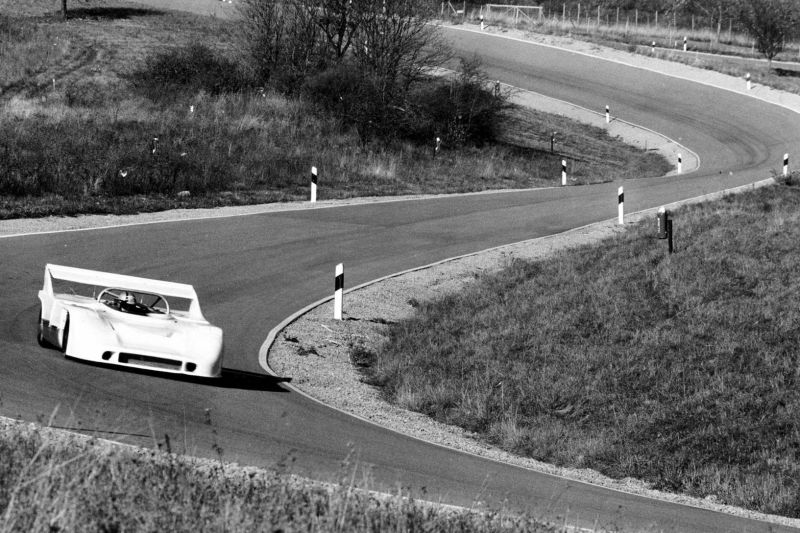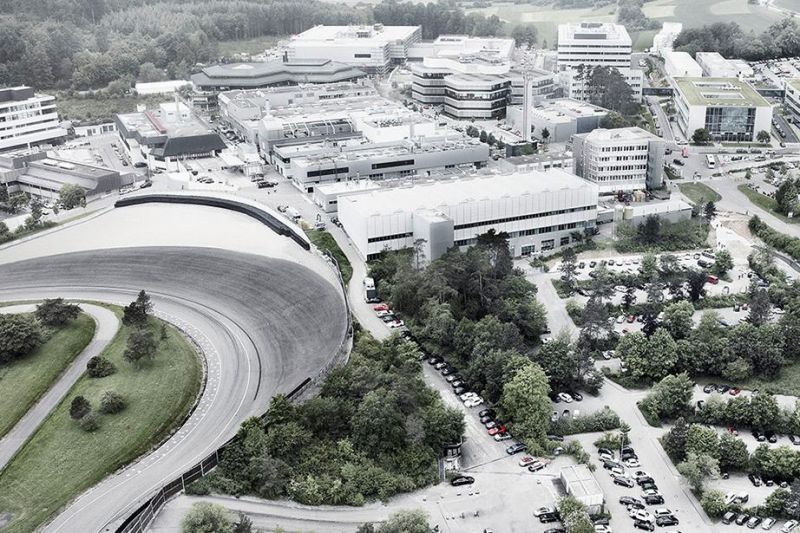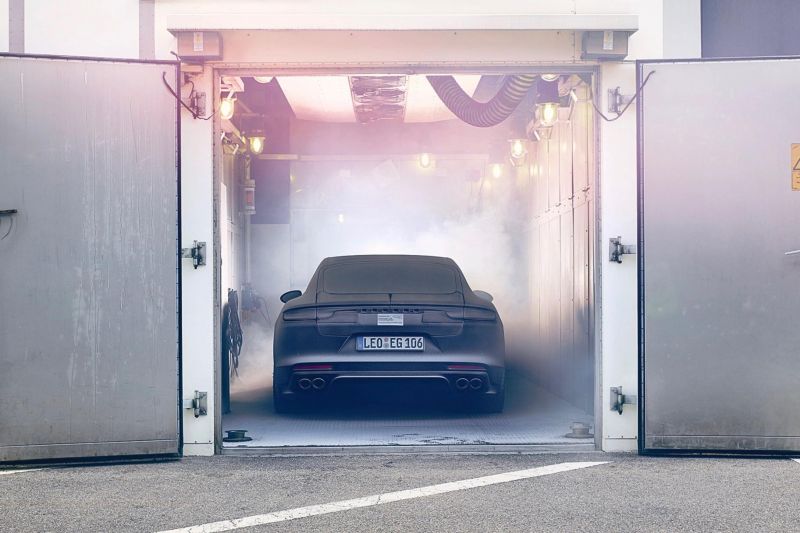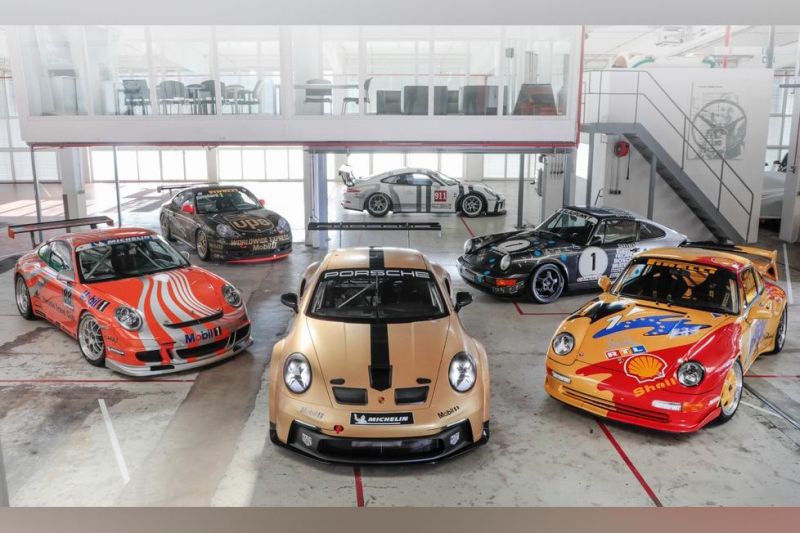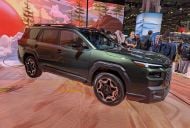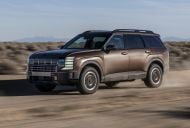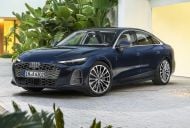Every Porsche can trace its roots back to a humble farming village in the German countryside, not far from Stuttgart.
It’s Weissach.
Back in 1961, as Porsche began to find its place as one of the world’s leading sports car manufacturers, Weissach was identified as a key location for the company.
It became the site of the first Porsche test track and, over time, the hub for all of its research and development work.
Porsche might be making headlines with lap times at the Nurburgring but it’s Weissach that does the vital research work, testing and refining, which goes into the latest hot lap by the Taycan electric car at the ‘ring.
In 2024, Weissach is a giant campus of fairly nondescript office buildings, sprawling down the side of a hill. They are almost a history lesson, tracking the German architectural styles over the past 50-plus years, with hardly a hint of the work being done inside.
But there are some telltale signs of the special vehicles being developed by Porsche at Weissach.
There are security fences and cameras everywhere, lots of flat-black camouflaged test cars coming and going, a shiny new bank of super-fast electric car chargers and Porsche’s signature Weissach test track.
It’s the test track which has been the hub of the operation since the 1960s, allowing Porsche to conduct on-site work on everything from the original 911 through to the 963 hybrid prototype that will battle for victory at the 24 Hours of Le Mans endurance race in June.
Access to Weissach is severely limited with severe consequences for rule-breaking. Every camera on every mobile phone going into the facility with a guest has to has be blacked out.
Even a stopover during a ride-along by CarExpert in a prototype for the facelifted Porsche Taycan was planned and timed to the metre and the minute.
No news can leak, even though there are more than a dozen prototypes for the upcoming battery-electric Macan either parked or driving around the site.
The electric development building which spawned the Taycan, all-new electric Macan and an upcoming SUV flagship is one of the newest at Weissach, together with a wind tunnel, as the workforce grows to more than 5000 people.
At the bottom of the hill, sitting alongside the test track, is Porsche Motorsport. The workforce is only 500 people, about the same size as many Formula One racing teams, but their job is to polish the Porsche badge in competition including Formula E, Le Mans sports cars and the one-make Carrera Cup championship.
Customers from around the world come to Weissach to buy their racing 911s and Caymans, to find spare parts and historic pieces, and to have historic racers fettled for action or storage in the world’s most exotic car collections.
It is, for any Porsche fan, a dream factory.
Porsche Motorsport is a familiar place for two high-profile Australians, Mark Webber and Matt Campbell. Webber, who starred in Formula One and sports cars, is now a brand ambassador for the German sports car company and Campbell, still a youngster but recently promoted to the elite group at the top of Porsche’s racing drivers, is likely to follow him when his competition career is done.
“Motorsport is a big thing,” Porsche Motorsport’s Le Mans team leader, Urs Karatle, told CarExpert at Weissach.
“Porsche is one of the companies where motorsport is most integrated into the company DNA. We are also one of the company goals, which I believe is unique.
“It’s probably a unique thing to Porsche. We say ‘Motorsport is the core of the Porsche brand’.”
The company is the most successful in the history of Le Mans, with 19 overall wins, but that brings as much pressure as anyone preparing a Porsche road car for showrooms around the world.
“It increases the pressure. We are responsible to the development department, not marketing. Motorsport is a big, big thing,” said Mr Karatle.





